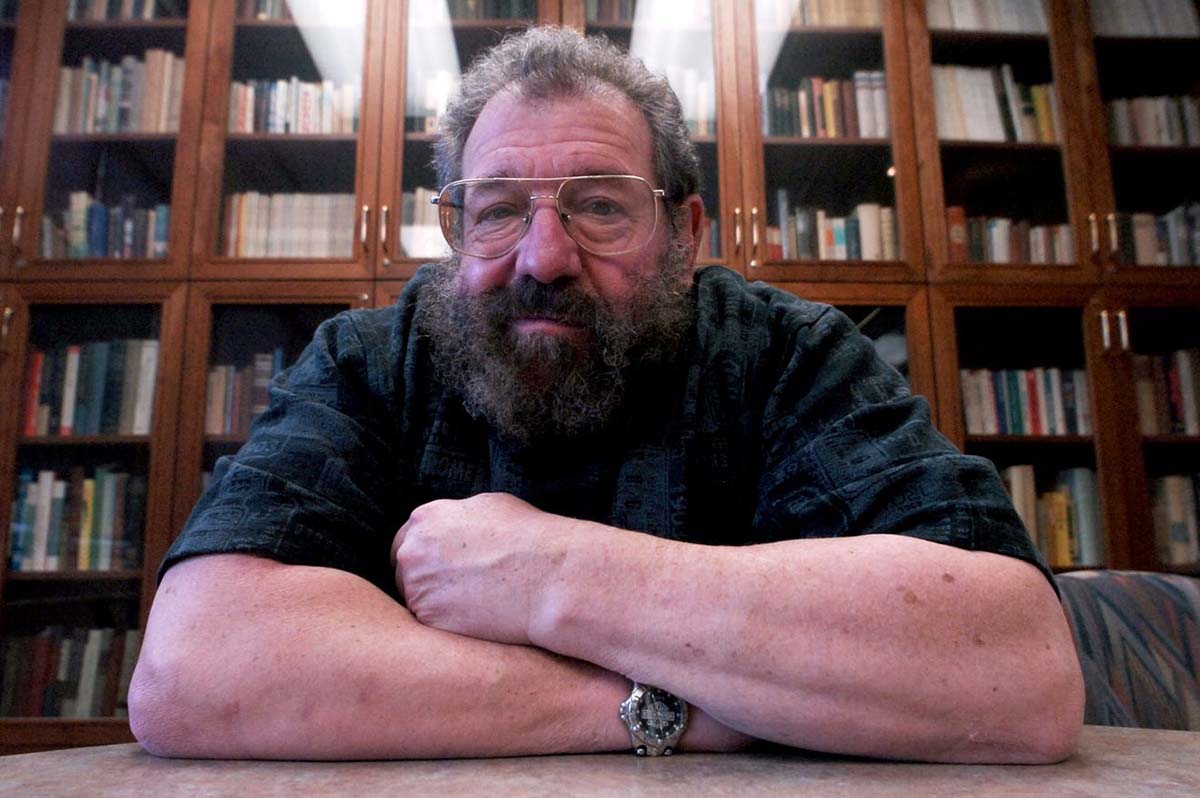
Bernie Rollin, one of the leading scholars in animal rights and animal consciousness, a longtime Colorado State University professor and “father of veterinary medical ethics,” died Friday, November 19. He was 78 years old.
Rollin leaves behind his wife of 57 years, Linda; their son, Dr. Michael Rollin; two grandchildren; and a legacy at CSU stretching back more than half a century.
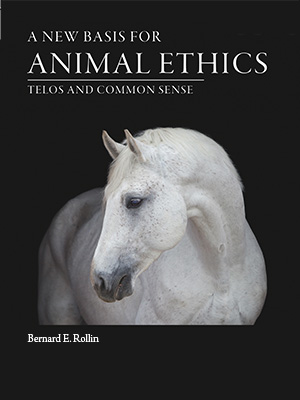
His scholarly interests included both traditional philosophy and applied philosophy. In addition to numerous articles in the history of philosophy, philosophy of language, ethics and bioethics, he was the author of Natural and Conventional Meaning (1976), Animal Rights and Human Morality (1981, 1993 & 2006), The Unheeded Cry: Animal Consciousness, Animal Pain and Scientific Change (1988 &1998), Farm Animal Welfare (1995), The Frankenstein Syndrome (1995), Science and Ethics (2006), and Putting the Horse Before Descartes (2011).
He was also a great storyteller, a weight-lifter, horseman, and Harley-Davidson enthusiast.
I never met Rollin but I was pointed in the direction of his work when a colleague introduced me to the concept of telos which Rollin coined to refer to an animal’s essential nature – what he called the ‘dogness’ of the dog and the ‘pigness’ of the pig – those things that make an animal what it is, and which, when applied in the context of animal husbandry, we must allow them to do because they have evolved to do them.
In that sense, Rollin argued that keeping animals well fed, healthy and safe was not enough. That if we are going to use animals, then we should respect their nature and allow them to fulfil it. That when we talk about welfare and giving animals a good life, we must take their nature into consideration.
Applying this concept within the Five Domains Model for Welfare Assessment helped me when I designed the Horse Welfare Assessment Guide, because it makes clear the difference between care and welfare. You can download the guide here – in English. And you can download it in Spanish here.
I think the three Fs – friends, forage and freedom – are some of those things that reveal the telos or nature of horses, and that we must facilitate if we really want to give them a life worth living.
In the video below from 2014, Prof. Rollin discusses philosophical theories and how they apply to arguments about the moral status of animals. He shares stories about applying these theories to the realities of an animal care system at Colorado State University.
Another great lecture by Prof. Rollin can be viewed here.
In a tribute published in Psychology Today, his colleagues Dr Andrew Fenton and Dr Marc Bekoff tell of their relationship with Prof. Rollin and the impact he had:
“Bernie was someone with deep compassion for animals and even those who use animals in agriculture or scientific research; he also had strong views that were forcefully stated but often reasonable. Even when disagreeing with him, Bernie had a way of lifting one up. Conversations with Bernie were a mix of good humor, repartee on philosophy or ethics, and our experiences chatting with folks who use animals. I treasure those conversations with Bernie.
“When thinking about Bernie’s approach to animal research ethics, three pivotal considerations come to mind. First, Bernie was a fierce defender of the view that most of the animals commonly used in scientific activities (e.g., mice, rats) are sentient. Second, Bernie was unwavering in his view that all sentient animals were due compassionate treatment that respected their “natures” (what he called their teloi). Third, Bernie challenged the regrettably common view that humans enjoy a privileged or exalted moral status (or moral importance that constrains the choices we make) that permitted treating animals in a way we would not treat human members of our communities.
“Those even with a passing familiarity of Bernie’s work will know that he bemoaned the impact of the view that science is value-free (a sort of “ethics-free zone”) as well as a narrow understanding of scientific confirmation through experience. For Bernie, because science was thought to be an ethics-free zone, it came with the unfortunate consequence whereby ethical considerations brought inappropriate constraints on scientific pursuits. It also meant that scientists tended to shallowly engage various publics when defending animal use: benefits arising from animal use were taken to be sufficient justification; those who opposed it were misanthropes or labeled anti-science. A narrow understanding of what could be scientifically confirmed allowed scientists to dismiss ethics as nothing other than the expressions of emotion or feelings, and also dismiss talk of mental states in other animals (like fear, joy, love, pain, and suffering) as anthropomorphic.
Read the rest of their tribute here.
Read this article by Prof. Bernard Rollin on the ethics of pet euthanasia
@ET-DC@eyJkeW5hbWljIjp0cnVlLCJjb250ZW50IjoicG9zdF9jYXRlZ29yaWVzIiwic2V0dGluZ3MiOnsiYmVmb3JlIjoiIiwiYWZ0ZXIiOiIiLCJsaW5rX3RvX3Rlcm1fcGFnZSI6Im9uIiwic2VwYXJhdG9yIjoiIHwgIiwiY2F0ZWdvcnlfdHlwZSI6ImNhdGVnb3J5In19@
Bernard Rollin ‘father of veterinary ethics’ died on 19th November
@ET-DC@eyJkeW5hbWljIjp0cnVlLCJjb250ZW50IjoicG9zdF9jYXRlZ29yaWVzIiwic2V0dGluZ3MiOnsiYmVmb3JlIjoiIiwiYWZ0ZXIiOiIiLCJsaW5rX3RvX3Rlcm1fcGFnZSI6Im9uIiwic2VwYXJhdG9yIjoiLCAiLCJjYXRlZ29yeV90eXBlIjoicG9zdF90YWcifX0=@

Cristina Wilkins
@ET-DC@eyJkeW5hbWljIjp0cnVlLCJjb250ZW50IjoicG9zdF9hdXRob3JfYmlvIiwic2V0dGluZ3MiOnsiYmVmb3JlIjoiIiwiYWZ0ZXIiOiIifX0=@





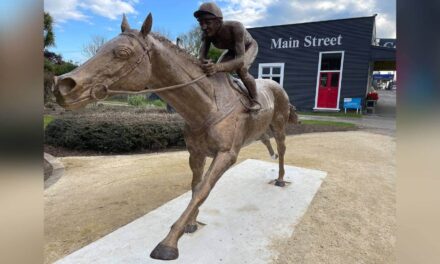



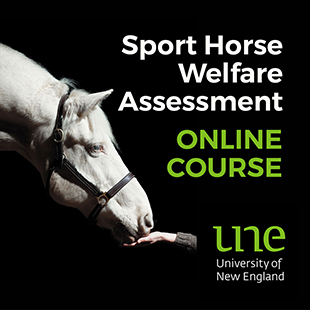

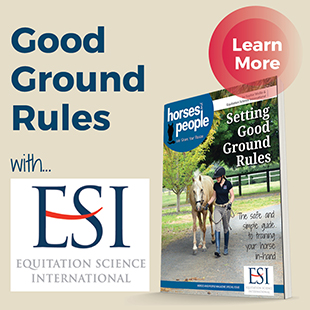
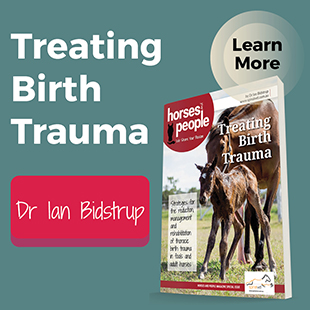
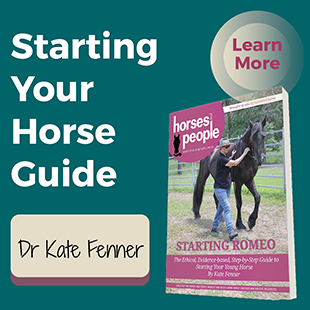

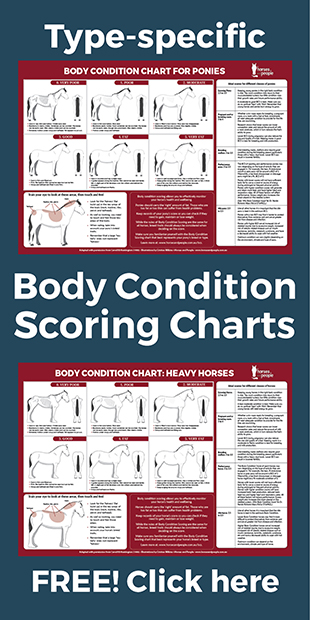
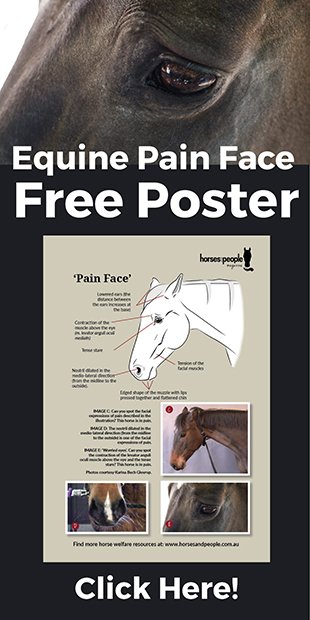
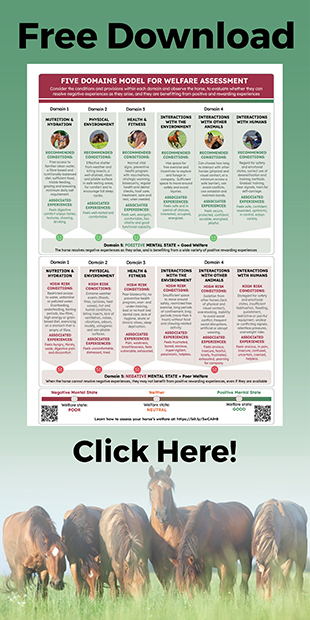
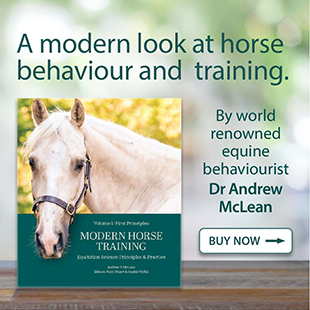
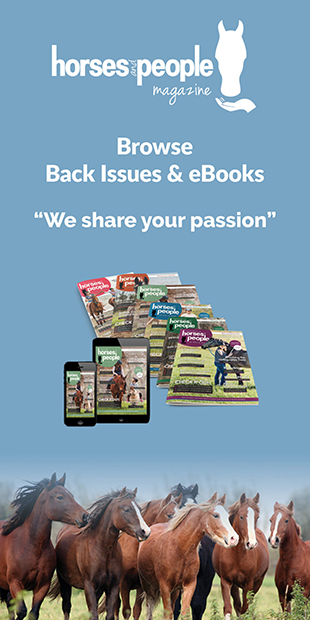
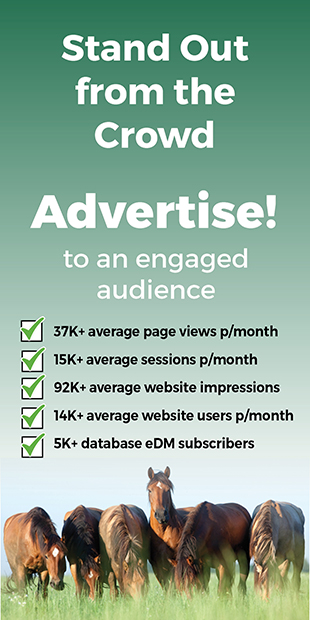

0 Comments